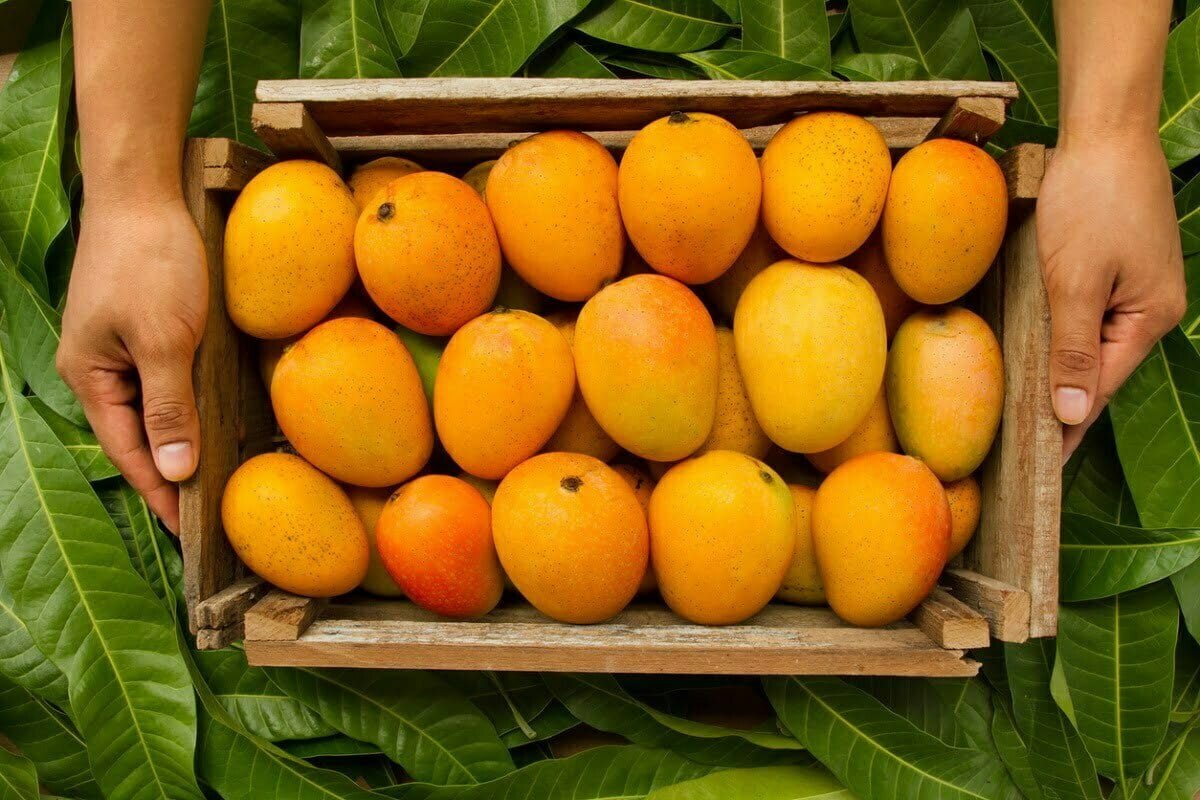How Rain Affects Alphonso Mangoes: A Delicate Balance

Alphonso mangoes, often hailed as the “King of Mangoes,” are renowned for their exquisite taste, vibrant color, and delightful aroma. Cultivated primarily in the Ratnagiri and Sindhudurg districts of Maharashtra, these mangoes require specific climatic conditions to thrive. Rainfall plays a crucial role in the cultivation of Alphonso mangoes, and understanding its impact is essential for growers and mango enthusiasts alike.
The Importance of Monsoon Timing
The timing and intensity of monsoon rains are critical for the Alphonso mango crop. These mangoes are typically harvested from March to June, and the monsoon season follows soon after. Here’s how different stages of the monsoon season affect Alphonso mango cultivation:
- Pre-Monsoon Showers:
- Positive Impact: Pre-monsoon showers in April and May can be beneficial as they help in the formation of mango fruit by providing necessary moisture. This period is crucial for the development of the fruit’s size and juiciness.
- Negative Impact: However, excessive rain during this period can lead to an increase in humidity, which may promote fungal diseases like powdery mildew and anthracnose, affecting the quality and quantity of the yield.
- Monsoon Season:
- Flowering and Pollination: Excessive rainfall during the flowering phase can disrupt pollination. Heavy rains can wash away pollen and hinder the activity of pollinators like bees, leading to poor fruit set.
- Fruit Development: Consistent and moderate rainfall is ideal during the fruit development stage. It ensures that the mangoes grow to their optimal size and ripen properly. Too much rain, however, can lead to waterlogging, causing root damage and reduced oxygen supply to the roots.
- Harvest Season: Ideally, the monsoon should arrive just after the harvest. If heavy rains occur during the harvesting period, it can cause fruits to fall prematurely, leading to a loss of crop and a decline in quality.
- Post-Monsoon:
- Tree Health: Post-monsoon rains can help rejuvenate mango trees by replenishing groundwater levels and washing away any residual salt or chemical build-up in the soil. This period allows the trees to recover and prepare for the next flowering season.
Challenges and Solutions
Farmers face several challenges due to unpredictable rainfall patterns, which can impact both the quantity and quality of Alphonso mangoes. Here are some strategies to mitigate these challenges:
- Integrated Pest Management (IPM): Implementing IPM techniques can help manage pests and diseases exacerbated by high humidity and rainfall. This includes using biological controls, organic pesticides, and proper orchard sanitation practices.
- Soil Management: Improving soil drainage through practices such as raised beds and proper mulching can help prevent waterlogging. Ensuring that the soil has good organic matter content can also improve its water-holding capacity and structure.
- Weather Forecasting and Planning: Utilizing advanced weather forecasting tools can help farmers anticipate and prepare for adverse weather conditions. This includes adjusting irrigation schedules, applying protective sprays, and planning harvest times accordingly.
- Protective Structures: In areas prone to heavy rains during critical periods, farmers can use protective structures like rain shelters or shade nets to shield the trees and fruits from excessive moisture.
Conclusion
Rainfall is a double-edged sword for Alphonso mango cultivation. While it provides essential moisture for the growth and development of mangoes, excessive or poorly timed rains can lead to numerous problems. By understanding the specific needs of Alphonso mangoes and implementing effective agricultural practices, farmers can mitigate the negative impacts of rainfall and ensure a bountiful harvest of these prized fruits.
The delicate balance between rainfall and mango cultivation underscores the importance of sustainable agricultural practices and climate-resilient farming techniques. With careful management, the cherished Alphonso mango can continue to delight consumers with its unmatched flavor and quality, year after year.
For more detailed and localized information, farmers and enthusiasts should keep abreast of regional agricultural advisories and weather updates to optimize their mango production practices.
